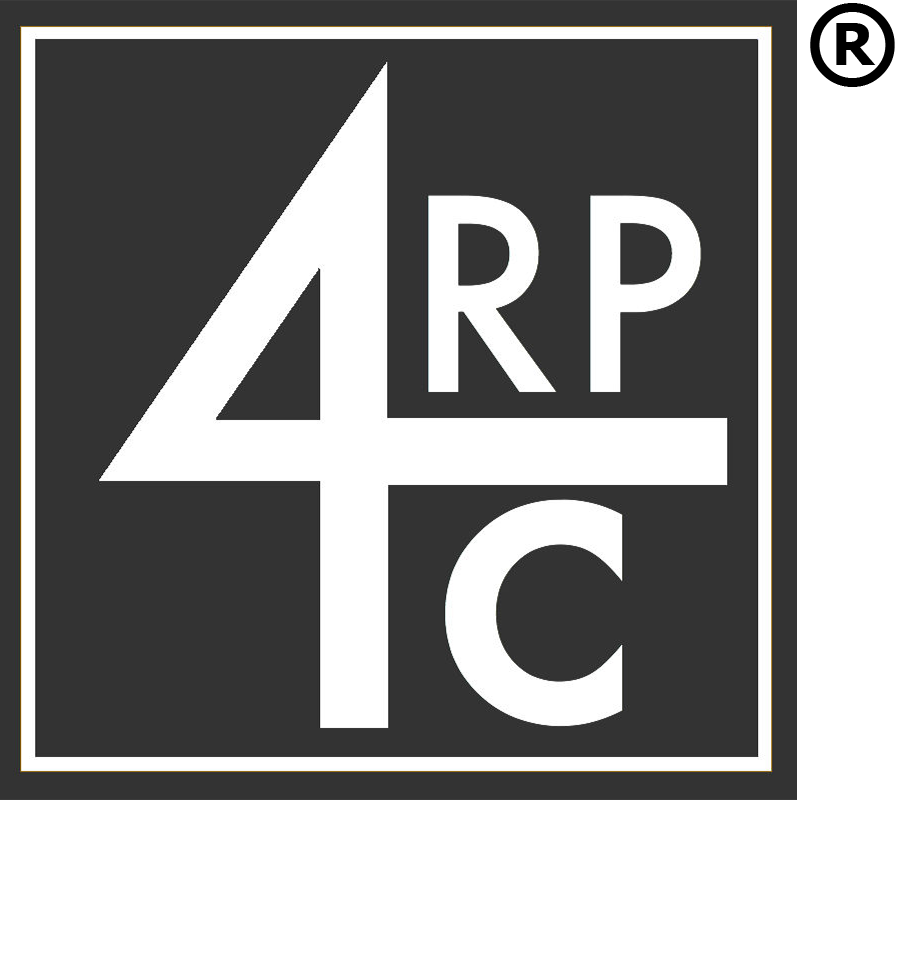The Culture Narrative: Interviewer Perspective
Previously, we addressed the Culture Narrative from the vantage point of the candidate interviewing. Since culture has become critical to a candidate’s selection of an opportunity, then it also means leadership wants to make sure who they bring on board will compliment the company culture, not upset it.
Today we’ll address this CULTURE NARRATIVE from:
The interviewer perspective
In today’s competitive market, the hiring process has become especially challenged with the lack of available candidates and the speed at which companies will hire the interested ones.
Be careful not to fall into the trap of hiring too quickly. Without proper vetting of a candidate through an outlined hiring process, the risk is high for bringing someone on board who may not be a match for the company culture.
An interview process is like a trial period. Each side is wanting to know more about the other to find out if this is going to be a fit. The interviewer should ask and share the following:
“How would you describe the culture of the office (or studio) where you are now?”
Why this question?
The ability for a candidate to articulate the culture of the company they are currently working for will help you ascertain how clearly they understand the place where they work. Now, you may not know about the firm the candidate describes in order to truly know if what they are saying is accurate, but the ease at which they can (or can’t) answer the question will be very telling. If they can describe the culture of their current firm positively, then take that as a good sign. If they can’t, you may have just picked up on some clues about their own dissatisfaction with where they are.
If their answer is in the positive tone, then pick up on key phrases that are similar to your own company culture and share that as a follow-up to this question. If the answer is in the negative tone, then have the candidate expand upon what they are looking for in terms of a company workplace culture. From here you’ll take your cue in how to articulate your own to compliment what they have said. Or conversely, if the tone is negative and your company has similar characteristics, you should be able to shorten up the interview because clearly there will be a mismatch for this candidate to your company culture.
Know your company’s position on “work-life balance.”
This is a talking point that can’t be missed and should not be avoided in the interview process. Every firm is going to have a different approach to how they help their employees achieve a balance between work and their personal lives. In some cases, it might be half-day Fridays year-round. In some firms, there may be a flex hours structure that employees can start their day anywhere from 7:00 - 9:30 a.m. and thereby end their day anywhere from 4:00 - 6:30 p.m. Work-life balance might be giving employees the opportunity to work remotely one day a week of the employee’s choosing. Whatever the policy is with your firm, make a point to address how you are meeting the needs of the current workforce.
Show them the culture.
Typical interviews are going to include key decision-makers, which means the candidate will most likely have met the “important” people during the interview process. There is also a typical office tour. But these are the basics and not really enough for the candidate to have a sense of the company culture. Have the candidate meet the team. Depending on the size of the group, you might limit this to the five immediate reports or colleagues the candidate will work with on a day-to-day basis.
Workplace culture is made up of so many aspects, but the most important ingredient is the people. Having the candidate meet who they will work with is crucial, not just to “sell” them on the opportunity, but for your current team to give the hiring group feedback on their impressions. I recommend a relaxed setting, such as a team lunch, so conversation can flow freely and both sides get a better sense of who they may be working with. It goes without saying, but for clarity’s sake: only the top 3 candidates would progress to this level.
If you want more interview tips or preparation to attract the top talent to your company, please reach out for an initial consult.

